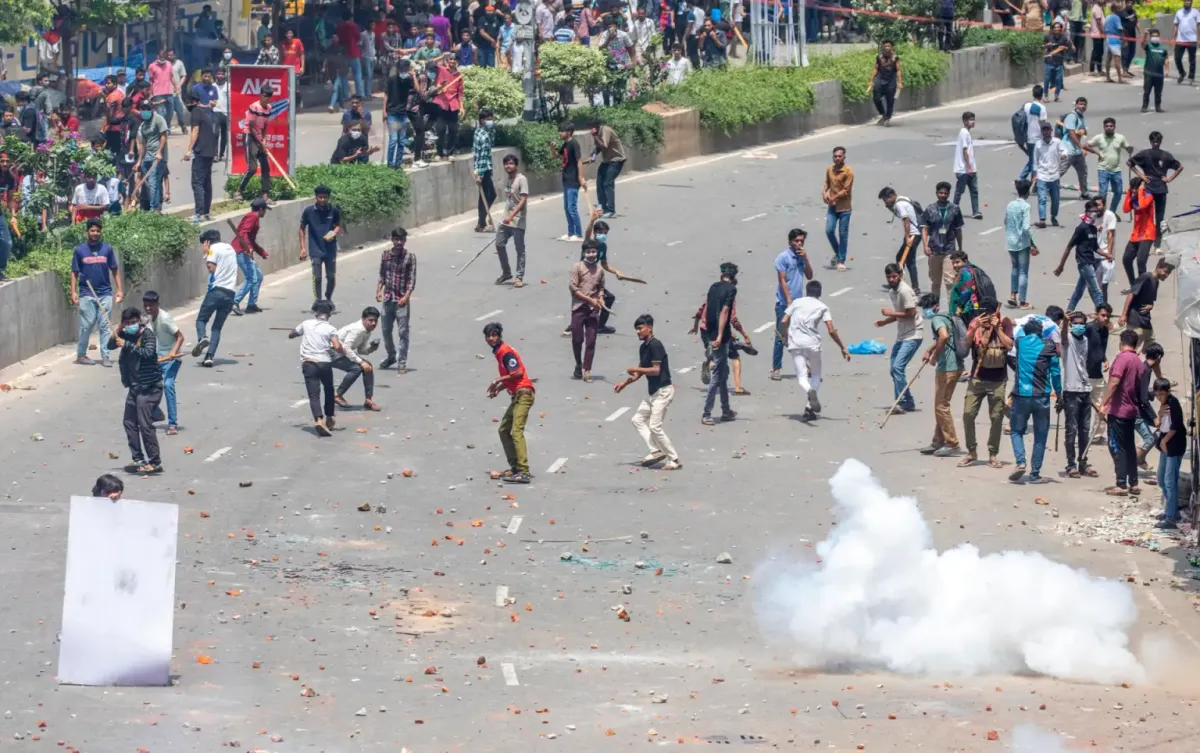Escalating Crisis in Bangladesh Draws International Concern

Date: July 21, 2024
Location: Dhaka, Bangladesh
Overview: Bangladesh is experiencing significant turmoil due to ongoing protests against government job quotas. The situation has intensified, leading to widespread violence and a heavy-handed response from authorities. The unrest has garnered international attention, with several human rights organizations and foreign governments calling for restraint and reforms.
Protests and Government Response: The protests, primarily driven by student groups, demand the abolition of a controversial job quota system that reserves a significant portion of government jobs for certain groups, including descendants of those who fought in the 1971 War of Independence. The situation escalated over the weekend, resulting in violent clashes between protesters and security forces. Reports indicate that numerous protesters and police officers have been injured, and several people have been detained.
Human Rights Concerns: Human rights organizations, including Amnesty International and Human Rights Watch, have condemned the excessive use of force by Bangladeshi authorities. Amnesty International has urged the government to de-escalate the situation and respect the rights of protesters. The organization emphasized the need for law enforcement agencies to be properly trained in handling assemblies in a manner compliant with human rights standards (Amnesty International) (Human Rights Watch).
International Reactions: The United Nations has also expressed concern over the "dangerous decline" in human rights in Bangladesh. UN experts have called on the Bangladeshi government to undertake key reforms to reverse repressive trends and restore dialogue. They highlighted the need for independent investigations into allegations of rights abuses and the importance of creating an environment that allows for free and safe political participation (UN News).
Call for Reforms: International bodies are urging the Bangladeshi government to prioritize human rights reforms. This includes the unconditional release of detained activists, ensuring fair trials, and protecting freedom of expression and association. These reforms are seen as crucial for restoring public trust in the democratic process and reassuring foreign investors of Bangladesh's commitment to upholding international legal obligations (UN News).
Conclusion: The situation in Bangladesh remains volatile, with ongoing protests and international pressure for reforms. The response of the Bangladeshi government in the coming days will be critical in determining the country's stability and its human rights record.
For more detailed updates, stay tuned to The Street Journal.
